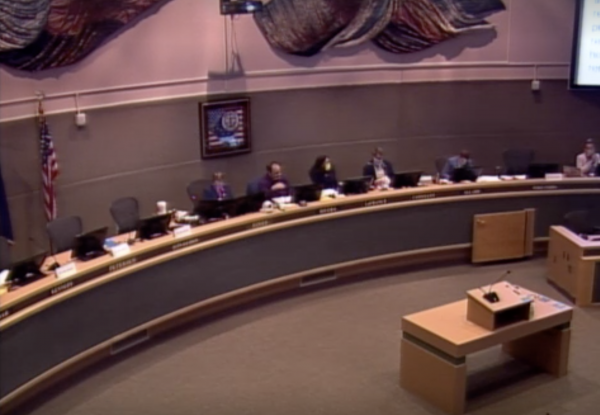
The Anchorage Assembly voted on Tuesday to extend the city’s emergency proclamation a fourth time, this time lasting until October 16. The decision was driven by the continued increase in COVID-19 cases that threaten to overwhelm the city’s health care resources.
Data from the Anchorage Health Department indicates that the city could be out of ICU beds by September 17 if the current trend continues. The emergency proclamation allows the Berkowitz administration to reallocate resources and staff for emergency response and quickly obtain emergency supplies. It also allows the mayor to continue enacting public health measures like the mask order and capacity limits in businesses.
“If we do not take action, if we do not empower the mayor to continue with these actions, we will exceed our ICU capacity in perhaps eight short weeks, and be in a much worse situation than we are now,” said Assembly member Forrest Dunbar.
Nine assembly members voted in favor of the extension. Assembly members Crystal Kennedy and Jamie Allard voted against.
The Assembly also passed a resolution urging action ahead of a QUOTE “eviction tsunami” expected in coming months as pandemic assistance programs expire. The original resolution was pared down to exclude details that some assembly members argued would hurt landlords, including a line suggesting the use of security deposits for past-due rent.
While the resolution is a few steps away from becoming a law, Assembly member Austin Quinn-Davidson argued it’s more important to prioritize renters in any new relief programs.
“I think right now our duty is to protect the most vulnerable among us, and that is renters, over landlords,” she said.
The Assembly later rejected an ordinance to impose a moratorium on evictions due to nonpayment of rent after the municipal attorney indicated that there would be no way for it to be enforced at the local level. The state’s moratorium expired on July 1, and the federal one expired on July 25.
Kavitha George worked at Alaska Public Media from 2021 to 2024. Her coverage areas included statewide politics and climate change.





